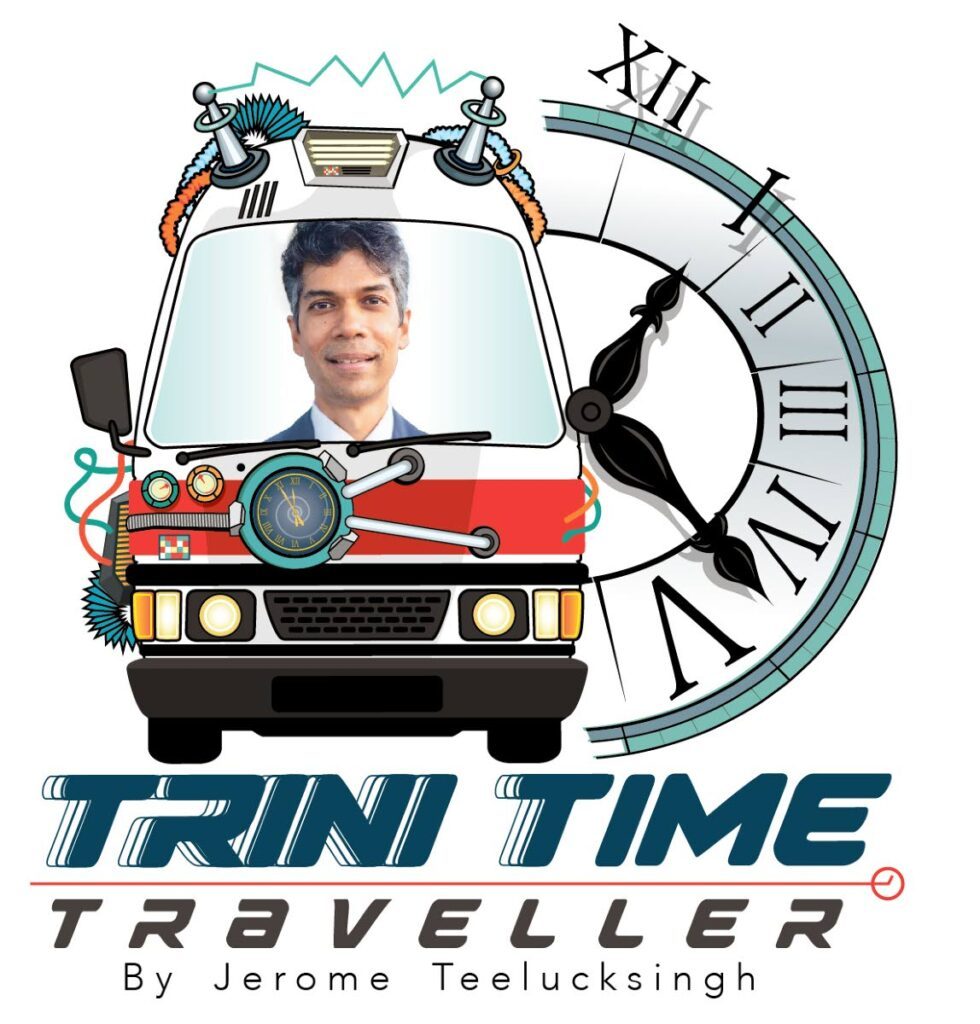Cruel Christians

Jerome Teelucksingh
FROM THE late 15th century there was a continuous onslaught by Christian discoverers, missionaries and explorers against Indigenous peoples in the Americas. Their intrusion wreaked havoc on innocent people.
The unwelcome presence of the Spanish, who were Roman Catholic, and later, other European nations (some who belonged to Protestant sects), polluted our Caribbean space. Their actions set in motion unprecedented negative forces. The decimation of the First Peoples was the Western Hemisphere’s first genocide.
The cruel mindset of the Spanish had been earlier exposed during the dreaded Inquisition in medieval Europe. The discovery of new lands by Spain included the misguided belief that Christian countries had a right to govern and rule non-Christian nations. This warped philosophy was known as the “Doctrine of Discovery” and was conceptualised by the RC Church. In 1513, Spain decided to formalise the Doctrine of Discovery in a document known as the Requerimiento (Requirement).
In this biased document, an arrogant King Ferdinand of Spain claimed that God had declared that the pope ruled all peoples, regardless of their law, sect or belief.
The Requirement was neither a vague nor disguised document, but the ulterior motive was obvious: “We shall take you and your wives and your children, and shall make slaves of them, and as such shall sell and dispose of them as their Highnesses may command; and we shall take away your goods, and shall do all the harm and damage that we can.”
All Spanish expeditions were supposed to carry a copy of the Requirement.
The past has constantly haunted us. The First Nations of North America have suffered in this holocaust. The shame of imperialism included stolen lands and burnt villages. These once-free peoples were forced into reservations and later became victims of alcoholism and gambling.
In 1992, efforts to commemorate the 500th anniversary of the arrival of the Spanish expedition into the New World erupted in heated protests in Latin America and Caribbean. The debates revolved around Christopher Columbus’s so-called “discovery” of the region and the subsequent repercussions.
One might ask: How could events that occurred more than 500 years ago affect the Caribbean economies?
It did, and the intrusion of the European powers had a profound impact on our architecture, cuisine, flora and fauna.
This foreign influence wreaked havoc on a tropical environment unaccustomed to sudden change, as the balance of nature was disrupted. Also, it is indubitable that the destruction of a sustainable Caribbean and Latin American environment continued, unhampered, by successive colonial regimes.
This dealt a severe blow to our biodiversity and paved the way for a monoculture which led to a painful economic dependence. Even the introduction of sugar cane to our region can be traced to the ill-fated colonial conquest.
On June 11, 2008, the prime minister of Canada issued a formal apology on behalf of Canadians for the negative impact of the Indian residential school system. In Canada, during the 19th and 20th centuries, residential schools separated over 150,000 Aboriginal (or Indigenous) children from their communities and families. This was a government policy that sought to deliberately isolate Aboriginal children from their culture and language so they could be better assimilated into the dominant European culture. This cultural genocide was only part of the colonial tragedy, as many of these innocent children suffered emotional, sexual and physical abuse in the schools. Furthermore, they were inadequately clothed and fed and some were murdered. This was part of the tragic Christian presence in North America.
Some institutions have acknowledged the stolen lands. For instance, Simon Fraser University (SFU) in Canada has publicly stated that it is located on unceded, traditional territories of the Squamish, Musqueam, Tsleil-Waututh, Katzie and Kwikwetlem First Nations. The Australian government offered a similar apology to the Aboriginal population in February 2009. The thousands of children who were forcibly removed from their families and communities and forced to assimilate were known as the Stolen Generations.
Zita Wallace, an Aboriginal woman from Australia, who is part of the Stolen Generations, recounted her life in an institution operated by the RC Church: “We got belted for speaking our language. We were called pagans and heathens and spawn of the devil. We cooked for the nuns, we washed their big bloomers, we cleaned their rooms. We got just enough education to read and write.”
The abuse committed by so-called religious people is another incident in which the guilty have not been punished. The repercussions of such brutality will not be easily forgotten in history.

Comments
"Cruel Christians"